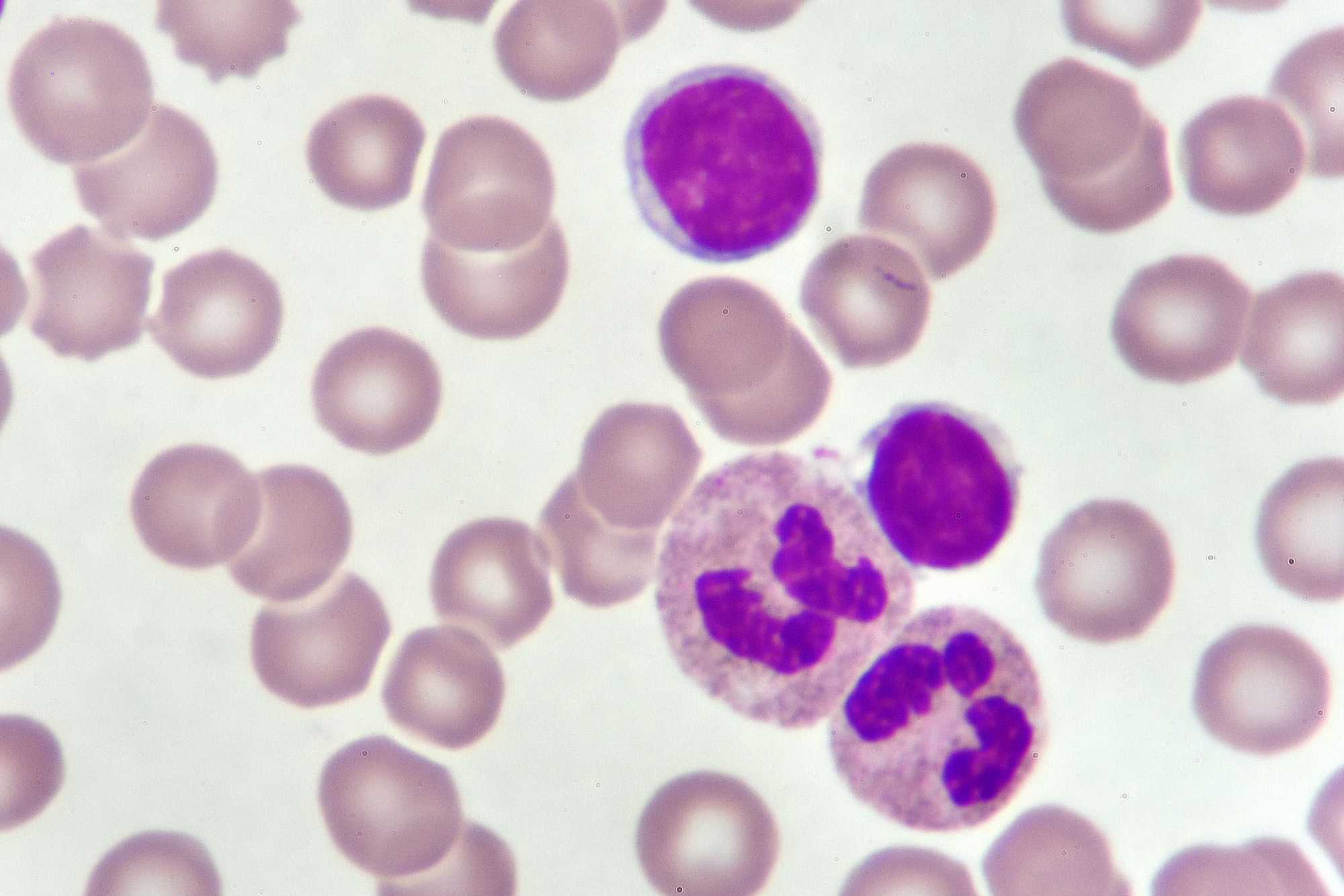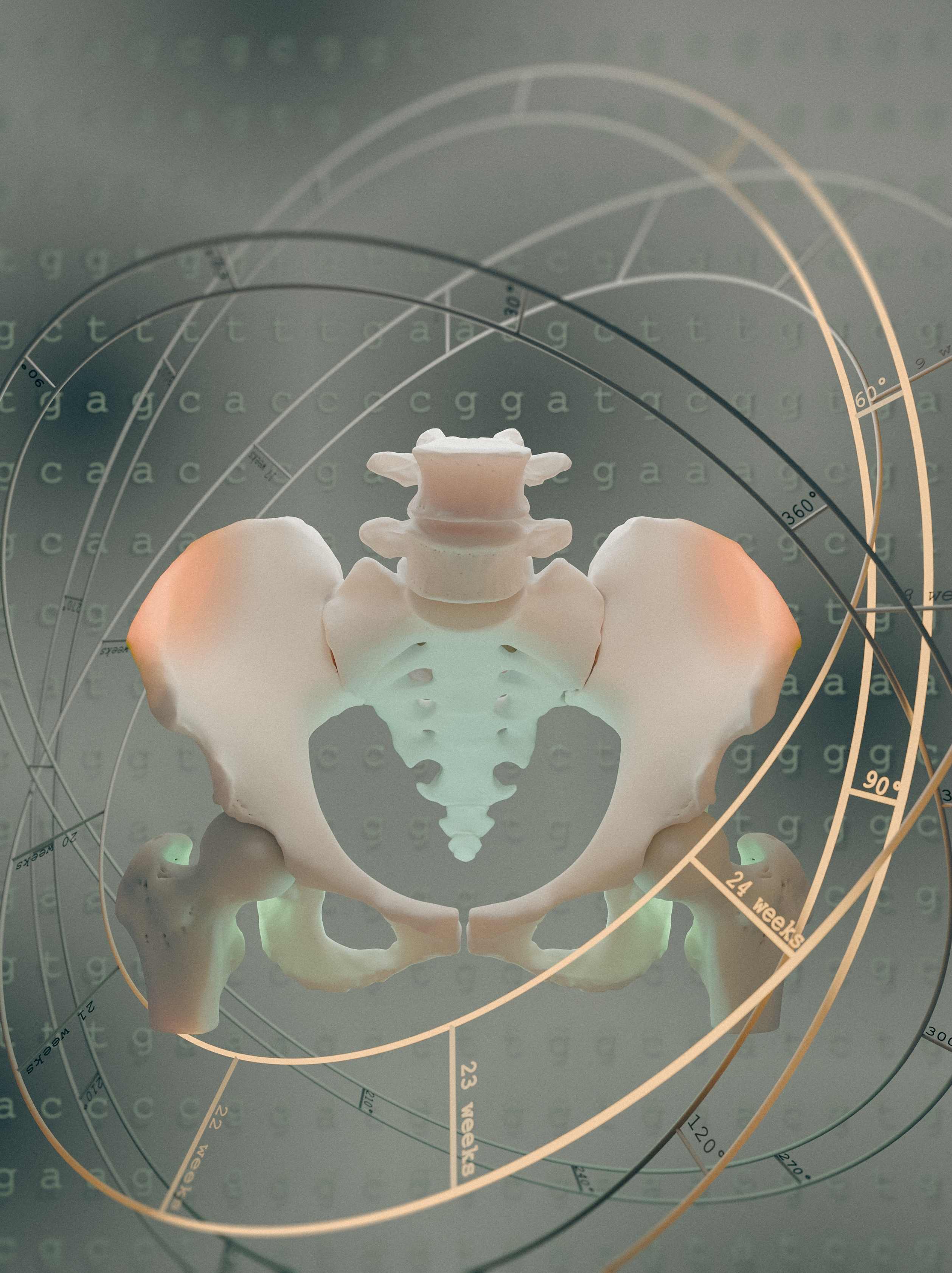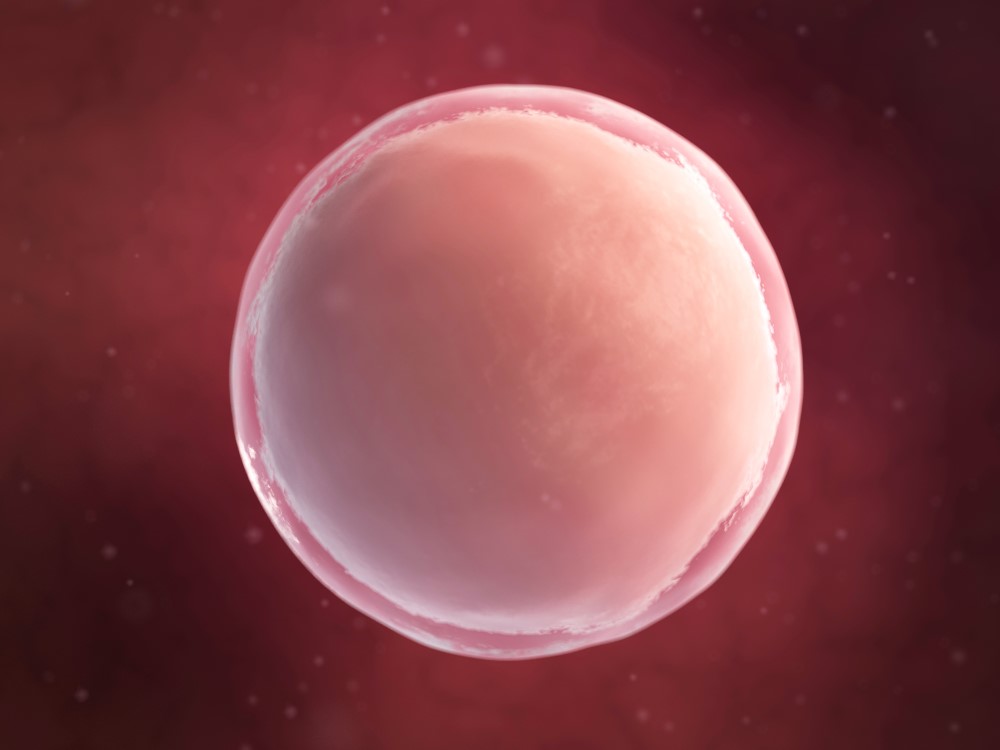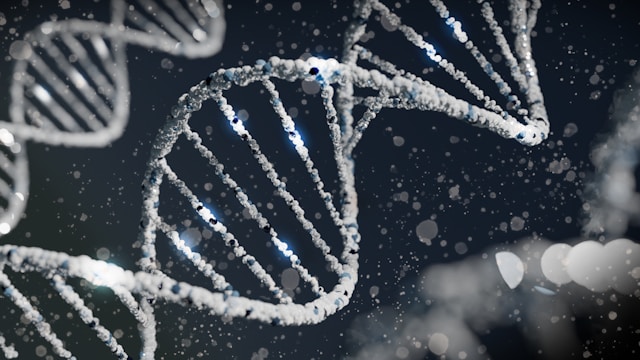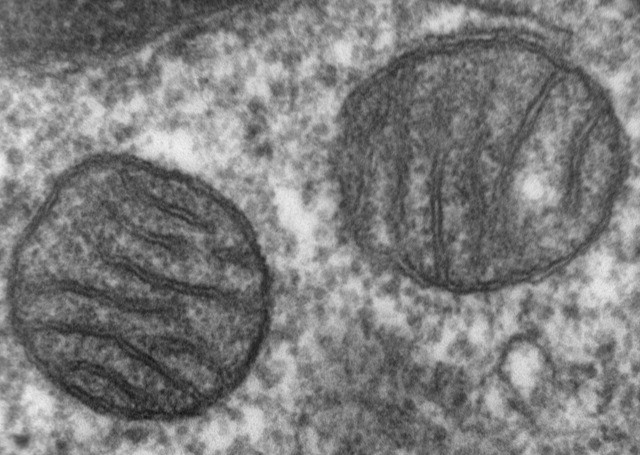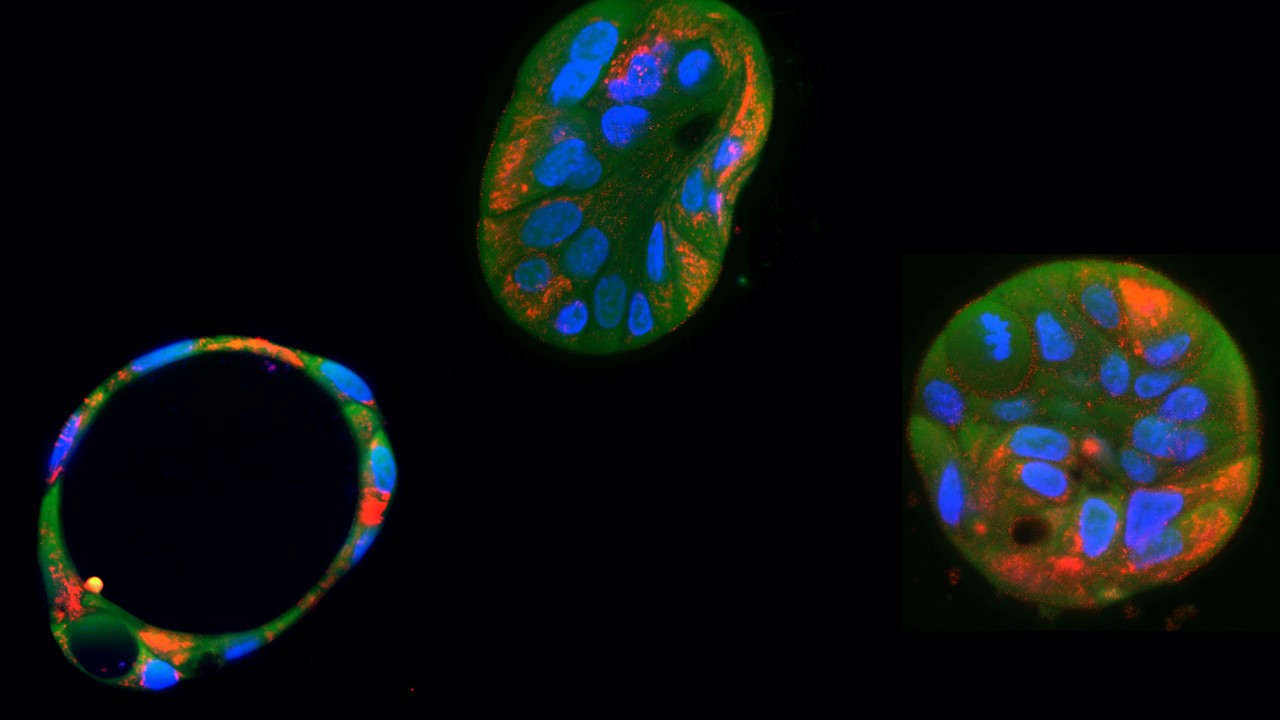A large study finds genetic variants associated with pregnancy loss
Around 15% of recognized pregnancies end in miscarriage, and it is estimated that almost half of all conceptions are lost in early stages, without people even realizing it. Now, a team from the United States and Denmark has analyzed data from more than 139,000 embryos from in vitro fertilization of nearly 23,000 couples and has found several genetic variants associated with a higher risk of miscarriage. Many of these are associated with meiosis, a key cell division process in sex cells. The authors, whose study is published in Nature, acknowledge that the new data will not allow for a precise estimation of individual risk, because the most important factors remain age and environmental elements.




